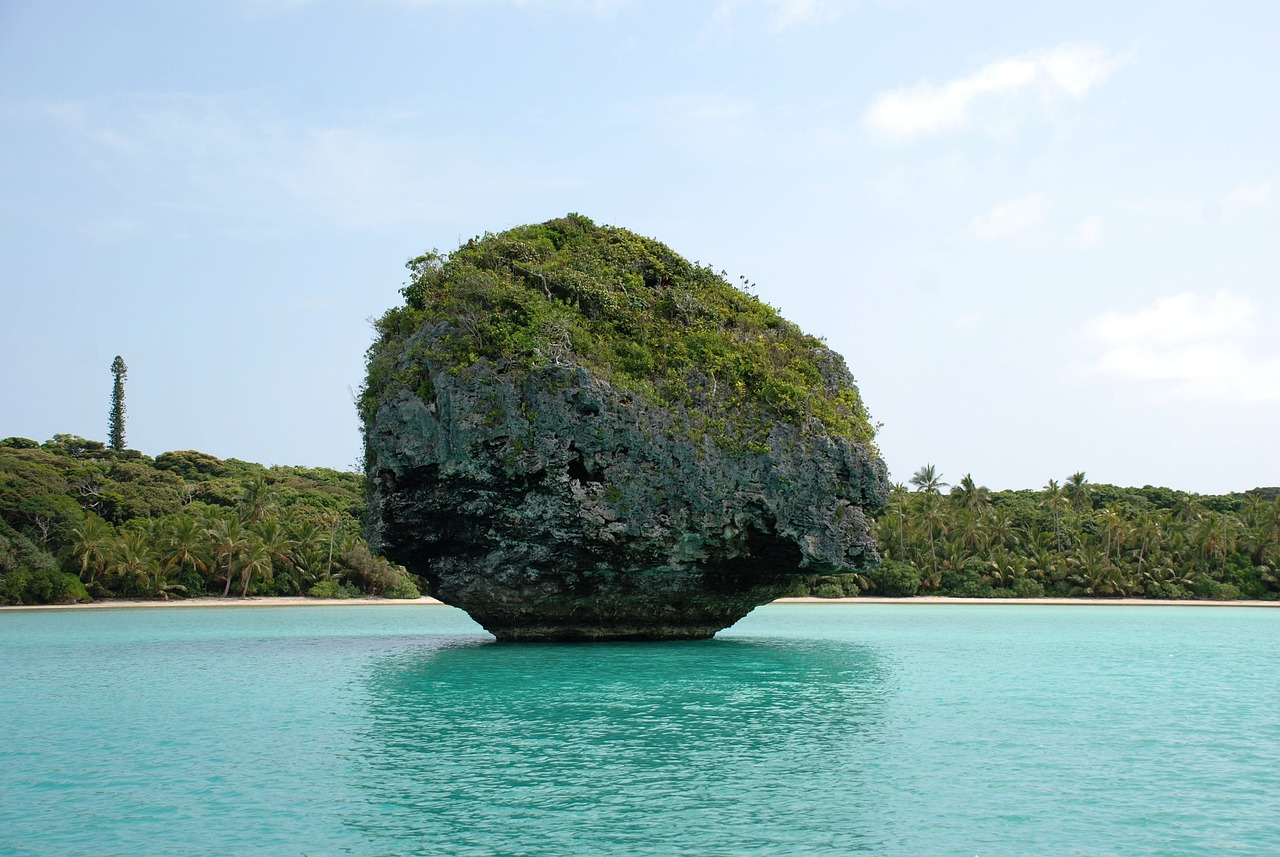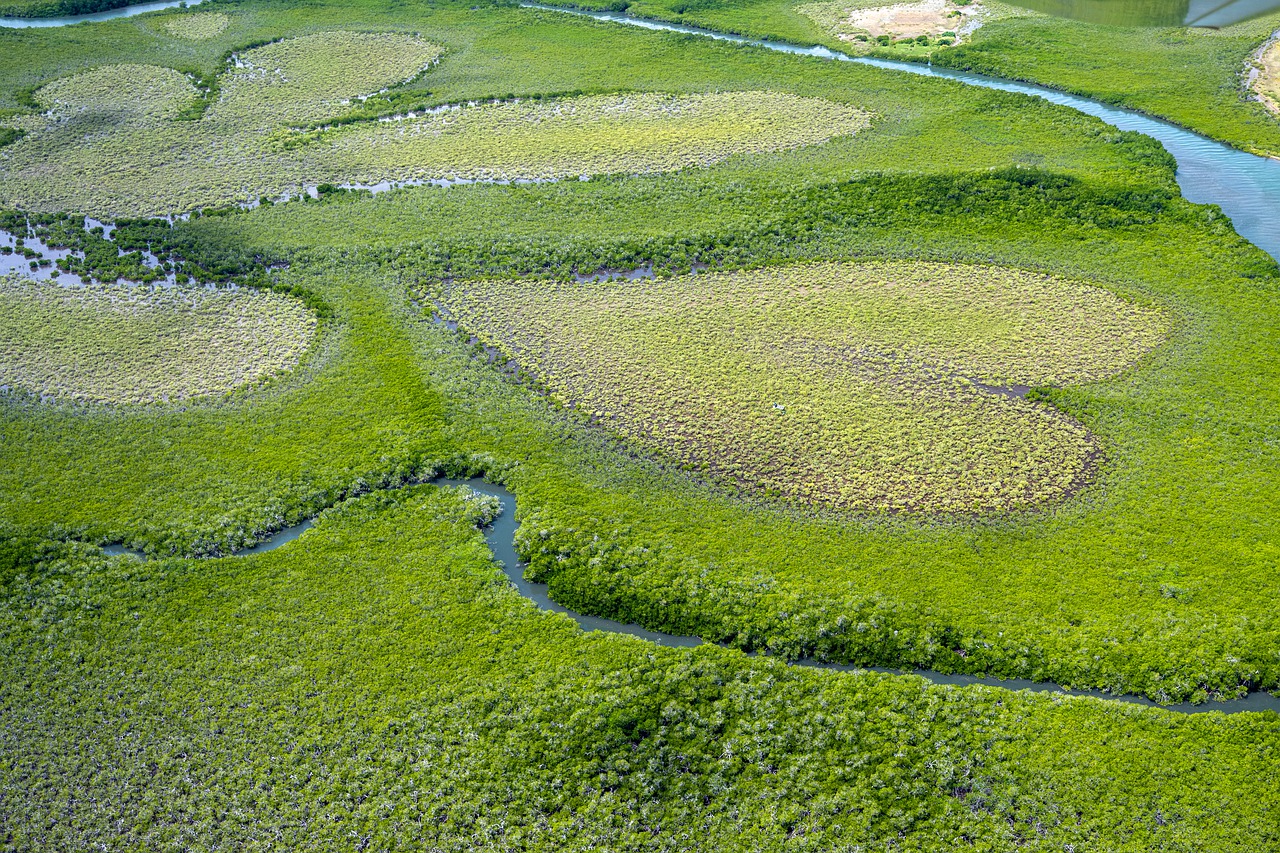New Caledonia Video
Cultural Sensitivities: Understanding Local Norms in New Caledonia
New Caledonia, a French territory located in the southwestern Pacific Ocean, is known for its stunning natural beauty, diverse culture, and unique blend of traditional Melanesian and French influences. As a visitor to this enchanting archipelago, it is essential to understand and respect the local norms and cultural sensitivities that shape the daily lives of the people of New Caledonia. This article aims to provide a comprehensive guide to help you navigate and appreciate the cultural intricacies of this remarkable destination.
Traditional Melanesian Customs
New Caledonia’s indigenous population, the Kanak people, have a rich cultural heritage deeply rooted in their ancestral traditions. When interacting with the Kanak community, it is important to be aware of and respect their customs. Here are some key aspects to consider:
- Kava Ceremonies: Kava, a traditional drink made from the roots of a pepper plant, holds great significance in Kanak culture. If invited to a kava ceremony, it is customary to bring a small gift, such as money or food, to show appreciation.
- Tribal Etiquette: The Kanak society is organized into tribes, and each tribe has its own customs and protocols. When visiting a tribal community, it is essential to seek permission from the tribal chief and follow any specific guidelines they provide.
- Tattoos and Body Art: Tattoos are deeply ingrained in Kanak culture and often symbolize important life events. It is important to respect the significance of these tattoos and avoid touching or making inappropriate comments about them.
- Language: While French is the official language of New Caledonia, many Kanak people also speak their native languages. Learning a few basic greetings and phrases in the local language, such as Drehu or Nengone, can go a long way in showing respect and building connections.
French Influence and Etiquette
As a French territory, New Caledonia also embraces French culture and etiquette. Understanding and adhering to French customs will help you navigate social situations with ease. Here are some key aspects to keep in mind:
- Greetings: When meeting someone for the first time, a handshake is the most common form of greeting. It is customary to address people using their titles and last names, unless invited to use their first name.
- Table Manners: Dining in New Caledonia often follows French dining etiquette. Keep in mind to hold your fork in the left hand and your knife in the right while eating, and keep your hands visible on the table.
- Punctuality: Being punctual is highly valued in French culture. Arriving on time for social engagements, meetings, or appointments is considered respectful.
- Personal Space: French people value their personal space. It is important to maintain an appropriate distance when engaging in conversations and avoid touching or hugging unless you are well-acquainted.
Respecting Sacred Sites
New Caledonia is home to numerous sacred sites that hold immense spiritual and cultural significance. When visiting these sites, it is crucial to show utmost respect and follow any guidelines provided. Here are some important points to consider:
- Permission: Some sacred sites may require permission to access. It is essential to inquire about any necessary permits or approvals before visiting.
- Dress Code: Dress modestly when visiting sacred sites out of respect for the local customs and traditions. Avoid wearing revealing clothing or items with offensive imagery.
- No Photography: In certain sacred sites, photography may be prohibited. Always check and adhere to the rules regarding photography to ensure you do not disrespect the spiritual significance of the location.
- Leave No Trace: It is important to leave sacred sites undisturbed and to take any litter or waste with you when you leave. Respect the natural environment and the spiritual sanctity of the place.
Environmental Stewardship
New Caledonia is renowned for its pristine natural landscapes, including its stunning coral reefs, lush rainforests, and diverse ecosystems. As a responsible visitor, it is crucial to prioritize environmental stewardship. Here are some ways you can contribute:
- Reef Conservation: When engaging in water activities, such as snorkeling or diving, ensure you do not touch or damage the coral reefs. Use reef-safe sunscreen to protect the marine environment.
- Waste Management: Dispose of your waste responsibly and recycle whenever possible. Avoid leaving any litter behind, especially in natural areas.
- Protected Areas: Observe and respect any signage indicating protected areas or restricted access zones. These areas are vital for preserving the unique flora and fauna of New Caledonia.
- Sustainable Tourism: Support local eco-friendly initiatives and businesses that prioritize sustainable tourism practices. Choose accommodations and tour operators that demonstrate a commitment to environmental conservation.
New Caledonia Image 1:

Local Cuisine and Traditions
New Caledonian cuisine reflects the fusion of Melanesian and French culinary traditions. Exploring the local cuisine and participating in traditional activities can provide valuable insights into the culture. Here are some highlights:
- Bougna: Bougna is a traditional Kanak dish prepared by cooking meat, fish, or chicken with yams, taros, and coconut milk in banana leaves. Joining a bougna feast allows you to savor the flavors of the local cuisine while experiencing Kanak hospitality.
- Markets: Visit local markets, such as the Noumea Market, to discover an array of fresh produce, spices, and artisanal products. Engage with vendors, learn about traditional ingredients, and support local producers.
- Cultural Festivals: New Caledonia celebrates various cultural festivals throughout the year, providing opportunities to witness traditional dances, music, and ceremonies. Participating in these festivities offers a deeper understanding of the local customs and traditions.
New Caledonia Image 2:

Learning the History
To truly appreciate New Caledonia’s cultural sensitivities, it is essential to learn about its complex history. This includes understanding the impact of colonization, the struggles for independence, and the ongoing process of reconciliation between different communities. Engage with local guides, visit museums, and immerse yourself in the stories that have shaped the island’s identity.
Preserving Indigenous Languages
New Caledonia is home to a rich linguistic diversity, with numerous indigenous languages spoken throughout the archipelago. Supporting efforts to preserve and revitalize these languages is crucial for maintaining cultural heritage. Learn a few basic phrases and show appreciation for the linguistic diversity during your interactions with the locals.
New Caledonia Image 3:

Conclusion
New Caledonia offers a unique blend of cultural experiences, where traditional Melanesian customs intertwine with French influences. By understanding and respecting the local norms, you can enhance your visit and foster meaningful connections with the people and the land. Remember to be mindful of the cultural sensitivities, embrace the natural beauty, and leave a positive impact on the environment and communities you encounter.
References
– www.newcaledonia.travel
– www.lonelyplanet.com/new-caledonia
– www.britannica.com/place/New-Caledonia


